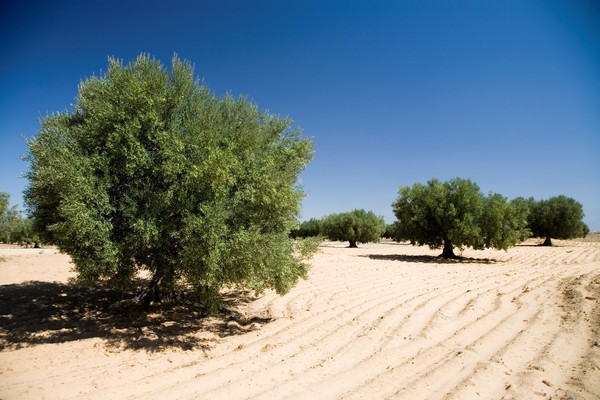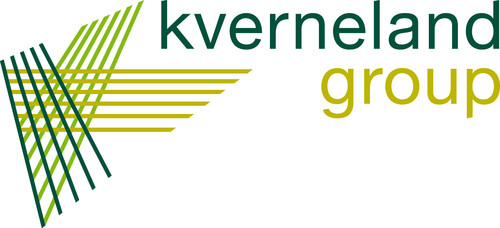
Agrilevante, a workshop for Mediterranean agriculture
The development potential of the Mediterranean agricultural economies is one of the major themes addressed by the Bari event. The countries of the region are characterised by a strong vocation for quality production, but have critical issues that require specific intervention policies. The strategic role of mechanisation to optimise the use of production factors
Agrilevante is not only a promotional and commercial event, it is also a focus on the Mediterranean agricultural economy, its development potential and its complexities. This was stated by the president of FederUnacoma Alessandro Malavolti during the press conference held at the Ciheam headquarters and dedicated to the presentation of the Bari event. Mediterranean countries - Malavolti stressed - share a common heritage in terms of resources and historical and cultural aspects, and are characterised by an essentially uniform climate and a vocation for quality agricultural production, especially in the fruit and vegetable sector.
However, there are several critical issues in the area that require specific intervention policies, starting with demographic imbalances. In the last fifty years, it has been observed, the region's overall population has almost doubled, until it exceeded the 500 million mark in 2020. The incremental trend has not been evenly distributed, but has mainly been concentrated on the southern shore, where it has caused strong economic, social and political tensions. "The disharmonious development between urban centres and rural areas," explained Malavolti, "has led to a marginalisation of agricultural economies, which are fundamental for the life of local communities, and has accentuated those phenomena of anthropisation, which have caused loss of agricultural land." These problems, present in particular in North Africa and the Middle East, where the rural population is more numerous, have combined with those produced by climate change, which, as we know, has caused a significant increase in temperatures and a considerable reduction in rainfall, at the root of the water crisis recorded in many settings. "Agricultural mechanisation is therefore of strategic importance in order to make optimal use of production factors and to make the best possible use of increasingly scarce resources. Statistical data on the agricultural machinery market," added the president of FederUnacoma, "show that the various Mediterranean nations are expressing a growing demand for specific technologies, precisely to improve the productivity of their respective agricultural systems and to rationalise cultivation practices.
In North Africa, the Balkans and the Middle East, where there is no advanced agro-mechanical industry, the need for agricultural equipment tends to be met through imports from abroad. In trade with Mediterranean countries, despite fierce competition from Indian and Chinese manufacturers, Italian industries confirm their place as strategic partners. While Asian companies have mainly exploited the lever of price - concluded the president of FederUnacoma - Italian manufacturers have conquered important positions on these markets thanks to their ability to design technologies suited to the specific needs of the Mediterranean, and to share dissemination and technology transfer initiatives.








